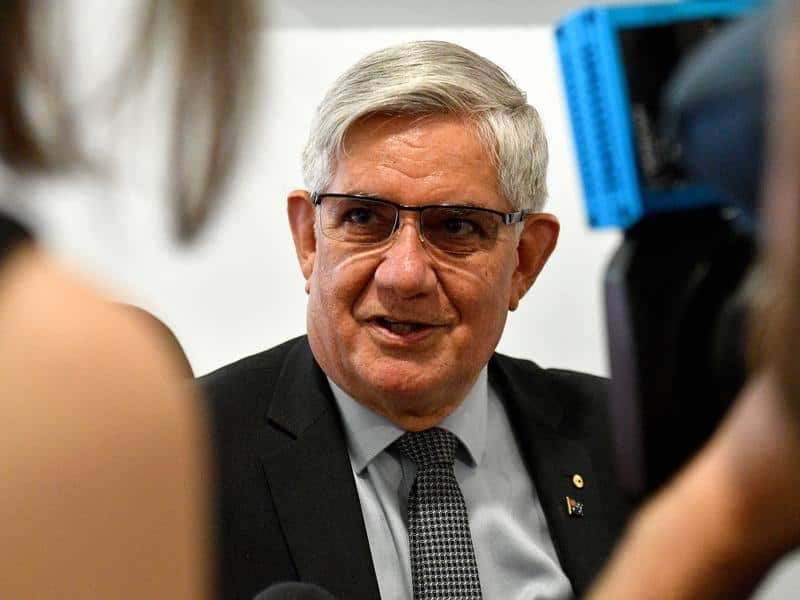Three years ago, Rupesh Udani faced a difficult choice for any parent.
As a follower of Jainism - an ancient Indian religion - he believed that donating his son's organs would mean he was born without them in the next life. But after learning about organ donation at school, seven-year-old Deyaan was adamant that he wanted to give his organs to someone else.

The Udani family. Source: Supplied
When Deyaan passed, Mr Udani consulted his religious leader and made the difficult choice to honour Deyaan's "last wish".
"I’m very happy we made that decision, I’m happy my religious leader and my wife convinced me about the organ donation, because of that four lives has been saved," he told SBS News.
"One of the girls who received Deyaan’s heart only had three days to live and now she is actively going to school."
Thanks to families like the Udanis, the number of organ donors has doubled in the past decade, according to data released on Wednesday by the Organ and Tissue Authority.

Deyaan and his sister. Source: Supplied
In 2018, a record 1,544 Australians received transplants - 144 more than in 2017 - placing Australia in the top 15 countries in the world for organ donation.
“We salute from the bottom of our hearts the 554 selfless and generous Australians who have given the gift of life in the past year, especially their families, who play a crucial role by confirming their loved one wanted to be a donor," Ken Wyatt, the Minister responsible for the Organ and Tissue Authority, said.
"Increasing our consent rate to 70 per cent would place Australia in the world’s top ten performing countries and we are now within 6 per cent of achieving this goal."
Mr Wyatt said there has clearly been "significant progress" but there is more Australians can do.

Ken Wyatt says we need to do more to encourage organ and tissue donation. Source: AAP
Currently, 1400 people are on the wait list for a transplant, while another 1,200 are on kidney dialysis, according to Mr Wyatt.
But while the number of donors is rising, director of the NSW Multicultural Health Communication Service Lisa Woodland said there are still barriers to donation for many Australians from culturally and linguistically diverse backgrounds.
"Organ and tissue donation is obviously part of end of life conversations and for many people from culturally and linguistically diverse backgrounds those conversations can be quite concerning and difficult," she said.
"Most major religions support organ and tissue donation, many religious leaders have come out in support and have really linked it to generosity, but although it is supported at that level, there's not a lot of information and education for the community on how it applies to them and their family."
Ms Woodland said it all comes down to having the conversation with your friends and family.
"Word-of-mouth is very important in [communities of] culturally and linguistically diverse backgrounds," she said.
Mr Udani hopes that sharing his story can inspire others to choose organ donation.
"Please think of organ donation," he said. "It saves people's lives."

